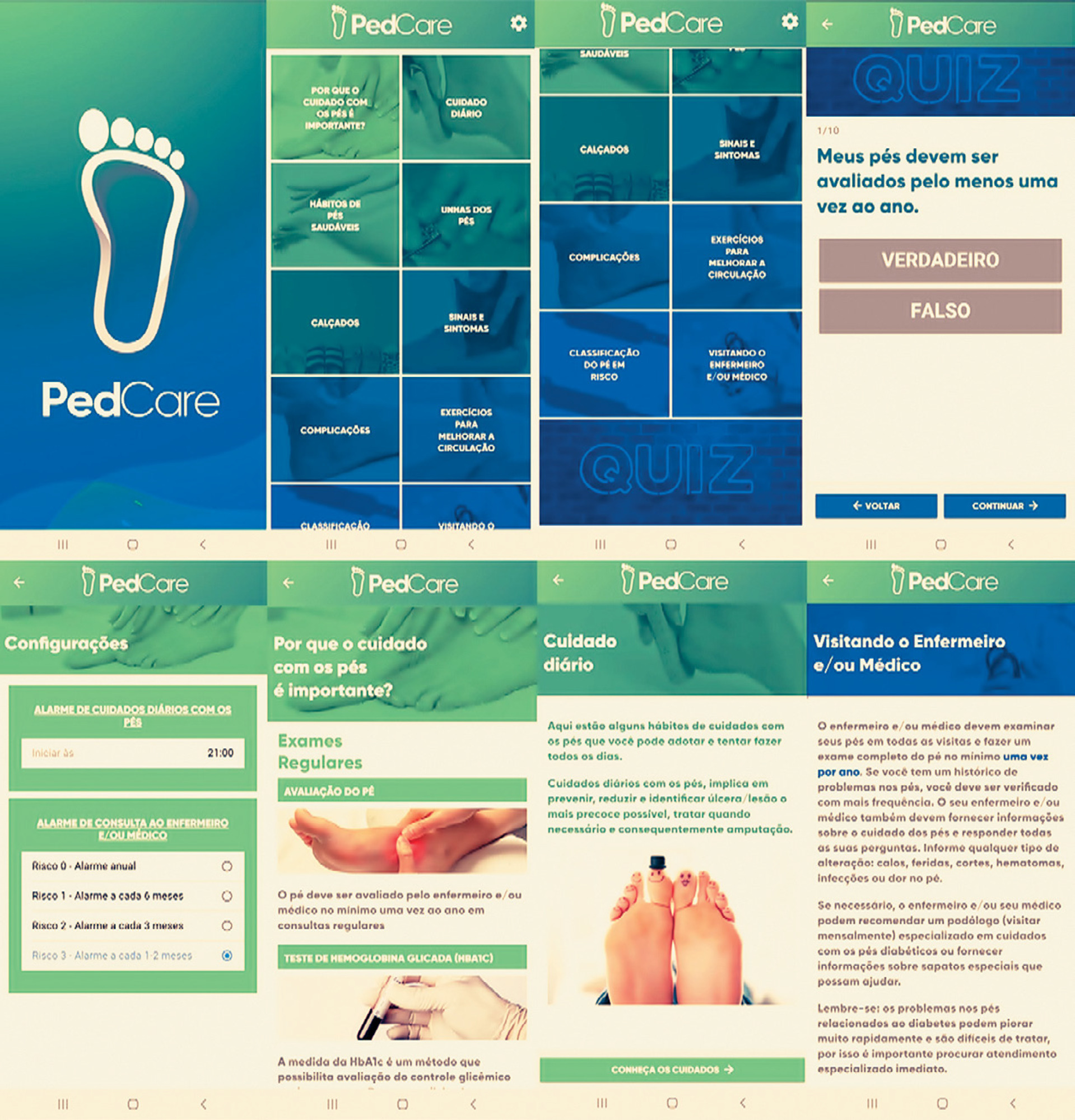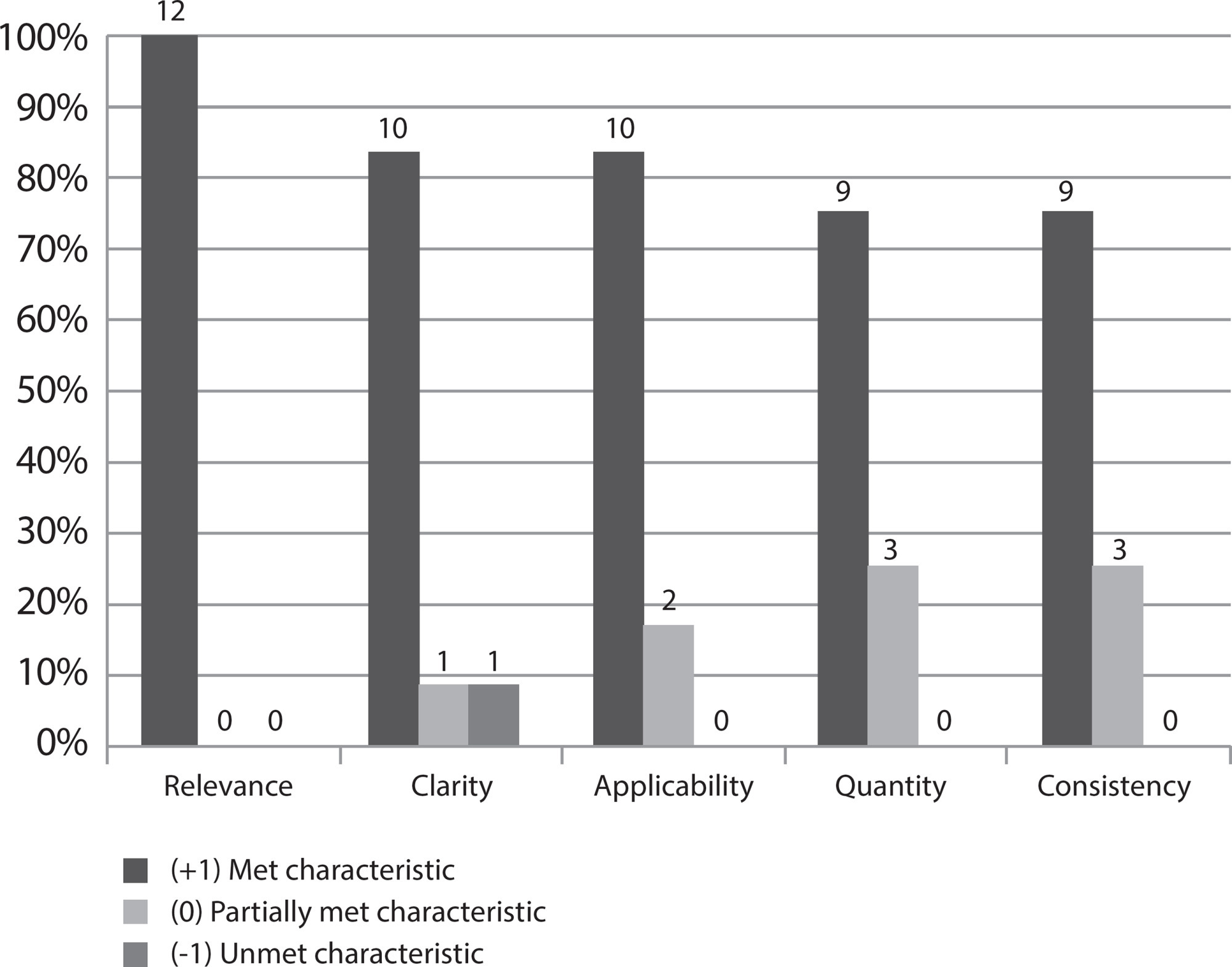-
ORIGINAL ARTICLE
Self-care among people with Diabetes Mellitus and quality of care in Primary Health Care
Revista Brasileira de Enfermagem. 2021;74(2):e20200351
06-16-2021
Resumo
ORIGINAL ARTICLESelf-care among people with Diabetes Mellitus and quality of care in Primary Health Care
Revista Brasileira de Enfermagem. 2021;74(2):e20200351
06-16-2021DOI 10.1590/0034-7167-2020-0351
Visualizações0Ver maisABSTRACT
Objectives:
to verify the adherence to self-care activities among people with diabetes mellitus and its association with quality of care received in Primary Care.
Methods:
a cross-sectional study with 329 people with diabetes assisted in Primary Care. Sociodemographic and self-care data were collected. To assess quality of care in Primary Care, secondary data from the Access and Quality Improvement Program were used. For comparisons between adherence to self-care activities and quality of care received in Primary Care, the Kruskal-Wallis Test was used.
Results:
better adherence to the diet, blood glucose monitoring and medication use were observed among people with diabetes treated in Primary Care with better coordination of care, agenda organization, and equipment. Foot examination, despite the inverse relationship with quality of care, proved to be desirable.
Conclusions:
adherence to self-care among people with diabetes was associated with quality of care received in Primary Care.
-
ORIGINAL ARTICLE
PEDCARE: validation of a mobile application on diabetic foot self-care
Revista Brasileira de Enfermagem. 2021;74(suppl 5):e20200856
05-24-2021
Resumo
ORIGINAL ARTICLEPEDCARE: validation of a mobile application on diabetic foot self-care
Revista Brasileira de Enfermagem. 2021;74(suppl 5):e20200856
05-24-2021DOI 10.1590/0034-7167-2020-0856
Visualizações0Ver maisABSTRACT
Objective:
to describe the process of validating a multimedia application on a mobile platform to promote foot care for people with diabetes.
Method:
a technological production and methodological type study. Content and appearance were validated by 39 judges (29 nursing judges and ten information and communication technology judges and 15 people from the target audience).
Results:
nursing judges made it possible to validate the material with a total Content Validity Index of 0.95, a non-significant binomial test for most items and Cronbach’s alpha of 0.92, information and communication technology judges with Suitability Assessment of Materials of 99.2% and the target audience with an agreement index of 98%.
Conclusion:
the application proved to be valid and reliable for use in clinical practice as an educational technology to promote foot care for people with diabetes.

-
ORIGINAL ARTICLE
Digital educational technology for care management of diabetes mellitus people’s feet
Revista Brasileira de Enfermagem. 2021;74(suppl 5):e20190725
03-29-2021
Resumo
ORIGINAL ARTICLEDigital educational technology for care management of diabetes mellitus people’s feet
Revista Brasileira de Enfermagem. 2021;74(suppl 5):e20190725
03-29-2021DOI 10.1590/0034-7167-2019-0725
Visualizações0Ver maisABSTRACT
Objective:
to develop and validate a distance learning course aimed at the pillars of care management of diabetes mellitus people’s feet.
Method:
a technological production research using Moodle Virtual Learning Environment, based on Andragogy, Constructionism and Instructional Design. Content is based on consensus guidelines on diabetic foot. Validation was carried out by distance education, diabetes and/or diabetic foot experts.
Results:
the course’s content is based on diabetic foot guidelines, and is structured in units with didactic material, videos, forums and questionnaires to assess the participants’ learning. The judges considered it appropriate to meet nurses’ needs in clinical practice.
Conclusion:
the virtual learning course has been validated, being a promising strategy for training nurses on care management of diabetes mellitus people’s feet.

-
ORIGINAL ARTICLE
Assessment of tissular integrity in patients with diabetic foot
Revista Brasileira de Enfermagem. 2020;73(suppl 5):e20200032
12-21-2020
Resumo
ORIGINAL ARTICLEAssessment of tissular integrity in patients with diabetic foot
Revista Brasileira de Enfermagem. 2020;73(suppl 5):e20200032
12-21-2020DOI 10.1590/0034-7167-2020-0032
Visualizações0Ver maisABSTRACT
Objective:
Evaluate the impairment of tissue integrity in patients with diabetic foot and verify its association with time of diagnosis of the disease.
Methods:
Cross-sectional study conducted with 134 patients in an outpatient clinic located in the Northeast region of Brazil. A semi-structured questionnaire was used for data collection, which was subjected to descriptive analysis and the Mann-Whitney U non-parametric test.
Results:
Indicators with the lowest average score were: skin temperature, sweating, skin lesions, right and left pedal pulses, right and left tibial pulses. Patients less than ten years old had worse scores on thickness, elasticity, right tibial pulse and tissue integrity. Those with a diagnosis time of more than ten years had a greater impairment of sensation and right pulse.
Conclusion:
All indicators showed some impairment of tissue integrity, and the time of diagnosis of the disease was associated with six of these.
-
ORIGINAL ARTICLE
Altered touch perception and associated risk factors in individuals with diabetes mellitus
Revista Brasileira de Enfermagem. 2020;73(6):e20190473
08-14-2020
Resumo
ORIGINAL ARTICLEAltered touch perception and associated risk factors in individuals with diabetes mellitus
Revista Brasileira de Enfermagem. 2020;73(6):e20190473
08-14-2020DOI 10.1590/0034-7167-2019-0473
Visualizações0INTRODUCTION Diabetes Mellitus (DM) is part of the group of metabolic diseases of multiple etiologies and, given the increase in its prevalence, has been treated in recent years as a global public health problem. According to the International Diabetes Federation (IDF), 425 million adults worldwide live with diabetes, which corresponds to 8.5% of the world […]Ver mais -
ORIGINAL ARTICLE
Association between knowledge and adherence to foot self-care practices performed by diabetics
Revista Brasileira de Enfermagem. 2020;73(5):e20190430
07-06-2020
Resumo
ORIGINAL ARTICLEAssociation between knowledge and adherence to foot self-care practices performed by diabetics
Revista Brasileira de Enfermagem. 2020;73(5):e20190430
07-06-2020DOI 10.1590/0034-7167-2019-0430
Visualizações0Ver maisABSTRACT
Objectives:
to verify the association between knowledge and adherence to foot self-care practices performed by patients with diabetes mellitus type 2.
Methods:
cross-sectional, descriptive study carried out with 197 patients in basic health units located in the Northeast region of Brazil. For data collection, we used a semi-structured questionnaire that addressed issues inherent to knowledge and Diabetes Self-Care Activities.
Results:
we observed that patients with moderate knowledge about self-care practices were more likely to perform foot self-examination, dry the interdigital spaces, moisturize their feet with creams and oils, observe the presence of mycosis and ingrown toenail when compared to patients with insufficient knowledge.
Conclusions:
the patients' level of knowledge was closely related to the self-care activities carried out, which reinforces the importance of nurses working on training those on essential health care.
-
ORIGINAL ARTICLE
Nursing taxonomies in hospital discharge planning: a quasi-experimental study
Revista Brasileira de Enfermagem. 2020;73(5):e20180896
07-01-2020
Resumo
ORIGINAL ARTICLENursing taxonomies in hospital discharge planning: a quasi-experimental study
Revista Brasileira de Enfermagem. 2020;73(5):e20180896
07-01-2020DOI 10.1590/0034-7167-2018-0896
Visualizações0ABSTRACT
Objective:
to evaluate the effect of implementation of hospital discharge planning based on the taxonomies of NANDA-International, nursing interventions classification (NIC) and nursing outcomes classification (NOC) for patients with heart failure (HF) or diabetes mellitus (DM).
Methods:
quasi-experimental quantitative study conducted in a public university hospital located in the state of Rio Grande do Sul, Brazil. Convenience sampling included 28 adult patients hospitalized for HF or DM with the nursing diagnosis Ineffective Health Management (00078), who received the following nursing interventions: Teaching: Disease Process, Teaching: Prescribed Medication and Teaching: Prescribed Diet. Before and after the intervention, the following nursing outcomes were evaluated : Knowledge: Diabetes Management and Knowledge: Heart Failure Management.
Results:
the score of the nursing outcome Knowledge: Heart Failure Management went from 2.05±0.28 to 2.54±0.30 (P=0.002), and of the nursing outcome Knowledge: Diabetes Management went from 2.61±0.55 to 3.21±0.57 (P=0.000).
Conclusion:
discharge planning based on the NIC improves the NOC score and may interfere in the health outcomes.
Palavras-chave: Diabetes MellitusHeart FailureNursingNursing Process/ClassificationPatient DischargeVer mais -
ORIGINAL ARTICLE
Elaboration and validation of a booklet on diabetes for Community Health Workers
Revista Brasileira de Enfermagem. 2020;73(4):e20180899
06-17-2020
Resumo
ORIGINAL ARTICLEElaboration and validation of a booklet on diabetes for Community Health Workers
Revista Brasileira de Enfermagem. 2020;73(4):e20180899
06-17-2020DOI 10.1590/0034-7167-2018-0899
Visualizações0ABSTRACT
Objectives:
to develop and validate a diabetes booklet for Community Health Workers.
Methods:
methodological study developed in seven steps: Bibliographic review; Development of the booklet; Calculation of readability and comprehensibility scores; Validation of the booklet by the committee of judges; Discussion between experts; Validation of the booklet by the target audience; and Final discussion between experts. Validation was performed by 10 judges via e-Surv and on a face-to-face test with 5 Community Health Workers, considering the minimum Content Validity Coefficient of 0.80.
Results:
the booklet had a mean Content Validity Coefficient of 0.97 in the validation by the committee of judges, and the images had 96.67% approval. In the face-to-face test, the Community Health Workers considered the material clear and appropriate to the function.
Conclusions:
the booklet was developed and validated on its content and relevance, and it can be used by Community Health Workers for diabetes education.
Palavras-chave: Community Health WorkersDiabetes MellitusHealth PromotionTeaching MaterialsValidation StudiesVer mais



